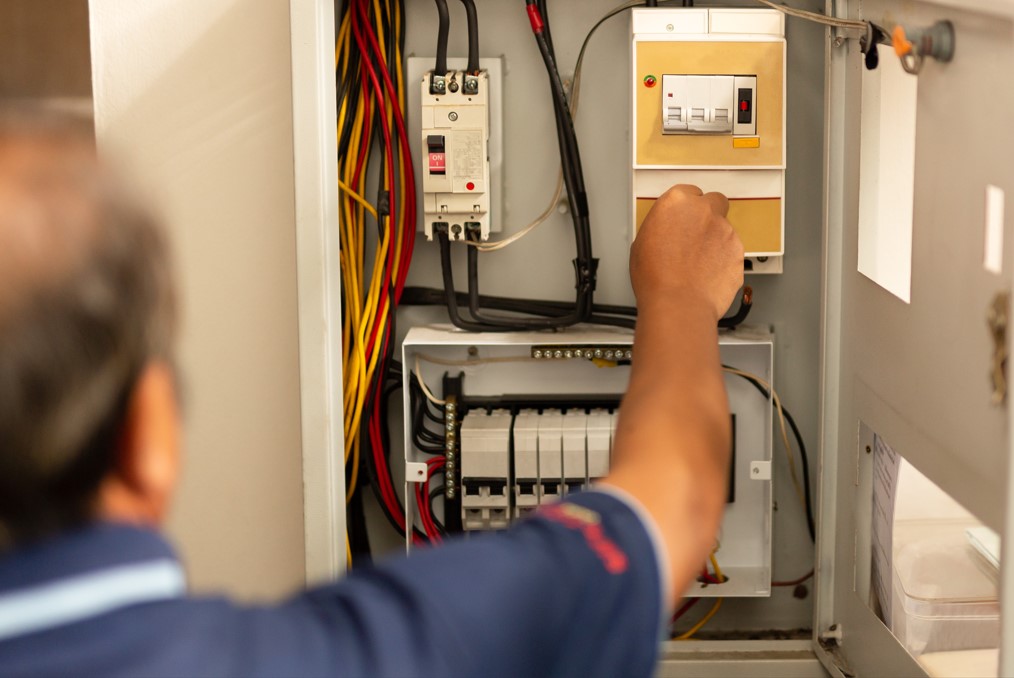
Getting a professional home inspection can be helpful in several ways. You can learn about hidden problems like termites or mold and address them. An inspection helps to point out issues a prospective buyer might be concerned about, and you can repair them before putting your home on the market. The inspector’s report can identify issues of possible concern to be addressed before applying for a home equity line of credit. Here are a few staging tips to help you get the most from your inspection.
Remove Clutter
Put away anything that detracts from your home’s basic features. This will make the inspection easier for the professional and establish a more favorable impression of the care given to your house. Put away children’s toys and pet dishes. Have stored trash in the garage or shed hauled away. Opening these areas will enable the inspector to carefully check things like electric wiring and plumbing fixtures as well as look for rodent or insect infestations.
Do a Thorough Cleaning
Removing spots, dust, and grime lets the inspector fully view the entire house. A crayon mark on the wall won’t be misinterpreted as developing mold. A stained toilet bowl shouldn’t be mistaken for a drain that backs up on occasion. Air out the house and vacuum the heating ducts to get rid of dust that infiltrates the indoor air. Cleaning your home will also help to remove odors that could be considered a symptom of a plumbing problem or a malfunctioning garbage disposal.
Facilitate Inspection Access
Arrange furnishings away from the entrance to your home and key areas of inspection, such as the furnace, for easier access. The inspector should have an easy time checking the electric box and other utilities in the basement or utility room. Plumbing, along with the well and hot water tank, should be readily accessible. Basement and attic storage could be rearranged to provide a clear view of the rafter beams and foundation structure.
Hire an Expert Home Inspector
Find a qualified home inspection professional, preferably licensed and insured, to inspect your home. Ask ahead of time which areas will be checked, and make sure they are ready for viewing on the inspection day. List any concerns you have about aspects of your house that may be exhibiting problems, such as loose roof tiles or light crumbling of the foundation stones. Find out when the report will be available and how you will receive a copy.
A home inspection provides valuable information about your property. Put your home in good order for the inspection to make it look good while enabling the inspector to focus on potential problems.
Anita is a freelance writer from Denver, CO. She studied at Colorado State University, and now writes articles about health, business, family and finance. A mother of two, she enjoys traveling with her family whenever she isn’t writing. Anita recommends finding a home inspection professional that knows their stuff. You can follow her on Twitter @anitaginsburg.
